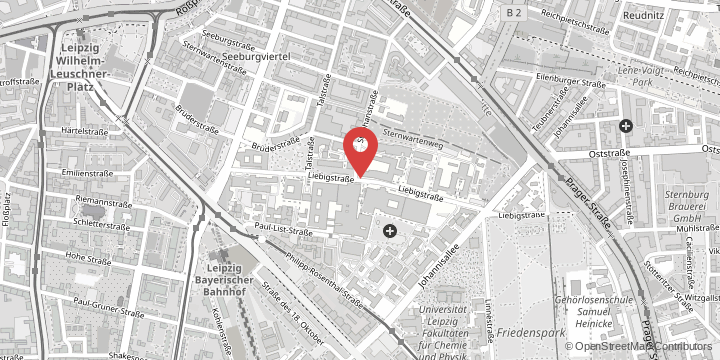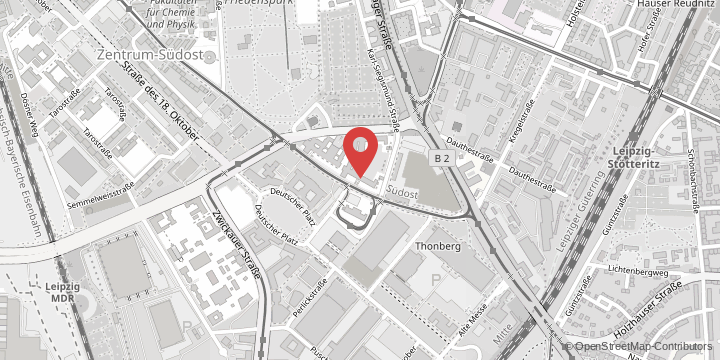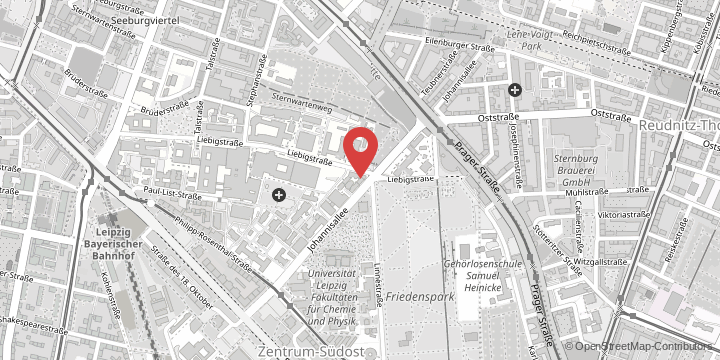The academic concept of the MA in British Studies follows the structure of the new European approach to philology, which relies on the three individual subject areas of linguistics, literature and cultural studies, as well as on interdisciplinary cooperation between these fields. The Global British Studies MA is a consecutive degree which builds upon the corresponding bachelor’s degree (or equivalent) and has a stronger focus on research. You will gain advanced subject-specific and interdisciplinary knowledge and skills, laying the foundations for further independent research.
At a glance
-
Field of study
humanities and linguistics -
Degree type
postgraduate -
Degree
Master of Arts -
Language of instruction
English -
Full/part-time
full-time, part-time -
Course start
winter semester, summer semester -
Admission restriction
without admission restriction -
Standard period of study
four semesters
-
ECTS credits
120
Requirements
- A higher education degree in British studies or in teaching English.
- Proof of at least 60 credits in British studies, at least ten of which are in the fields of English linguistics, English literary studies and British cultural studies.
- Proficiency in English at the C1 level of the Common European Framework of Reference for Languages.
- Proficiency in an additional foreign language at the A2 level of the Common European Framework of Reference for Languages.
The institute will check whether the above requirements have been met and then issue an official notification. This serves as proof that the candidate meets the admission requirements. You can find more information about the documents that must be submitted on the Institute of British Studies’ website.
Contents
The master’s programme comprises a total of 120 ECTS credits:
- 30 credits for the three compulsory modules (Methods and Theories of Anglo-American Literary and Cultural Studies, Theoretical and Applied Linguistics, The British Empire and its Influence on Literature, Culture and Language)
- 60 credits for six compulsory elective modules (of which two can be replaced by other fields or internships)
- 30 credits for the master’s thesis
Key topics of British literary and cultural studies:
- Methods and Theories
- Texts, Media and Society
- The British Colonial Empire and its Lasting Effects – Identities in British and Post-Colonial Anglophone Literature and Cultures
- Alterity in Literature and Culture
- Science in Literature and Culture
- Early English and Renaissance Studies
Key topics in British linguistics:
- Methods and Theories of Modern Linguistics
- Analysis of Language Structure
- Historical, National, Regional and Social Varieties of English
- Applied Linguistics
- The programme embeds the study of English literature, British culture and the English language in a global context that reflects the historical and current international relations of the United Kingdom.
- All three fields are compulsory, and their close connections with each other are discussed in two joint modules. Students can specialise by choosing various compulsory elective modules.
- The language of instruction is English.
- A study stay abroad is recommended, and relevant modules can be recognised.
Graduates of the master’s programme in Global British Studies tend to find employment in a wide range of areas which require competence in the English language combined with a sound academic basis in British culture and/or English literature.
The following list provides a selection of career fields in which alumni of the programme have been employed in the past:
- Academic careers
- Educational institutions (universities, private schools except German state schools, which require a teaching degree (Lehramtsabschluss))
- Journalism/media
- Public relations
- Advertising
- Publishing
- Cultural institutions
- International relations
- A study stay abroad is recommended, and relevant modules can be recognised.
Application
Course start: winter semester and summer semester
Admission restriction (NCU): no
Application period: 2 May–15 September for the winter semester; 1 December–15 March for the summer semester
Application portal: AlmaWeb
Please ensure that you read and take note of the further information provided on the pages “Online application” and “Applying for a master’s programme”.
International students can find information about application periods and how to apply on the page “International”.
Options in the winter semester: 2nd semester, 3rd semester and 4th semester – each without restrictions on admission
Options in the summer semester: 2nd semester, 3rd semester and 4th semester – each without restrictions on admission
Application period: 2 May–15 September for the winter semester; 1 December–15 March for the summer semester
Application portal: AlmaWeb
Special enrolment requirements: Credits form (Anrechnungsbescheid)
You can find more information on our page for “Applying for higher semesters of study”.
International students can find information about application periods and how to apply on the page “International”.






























































